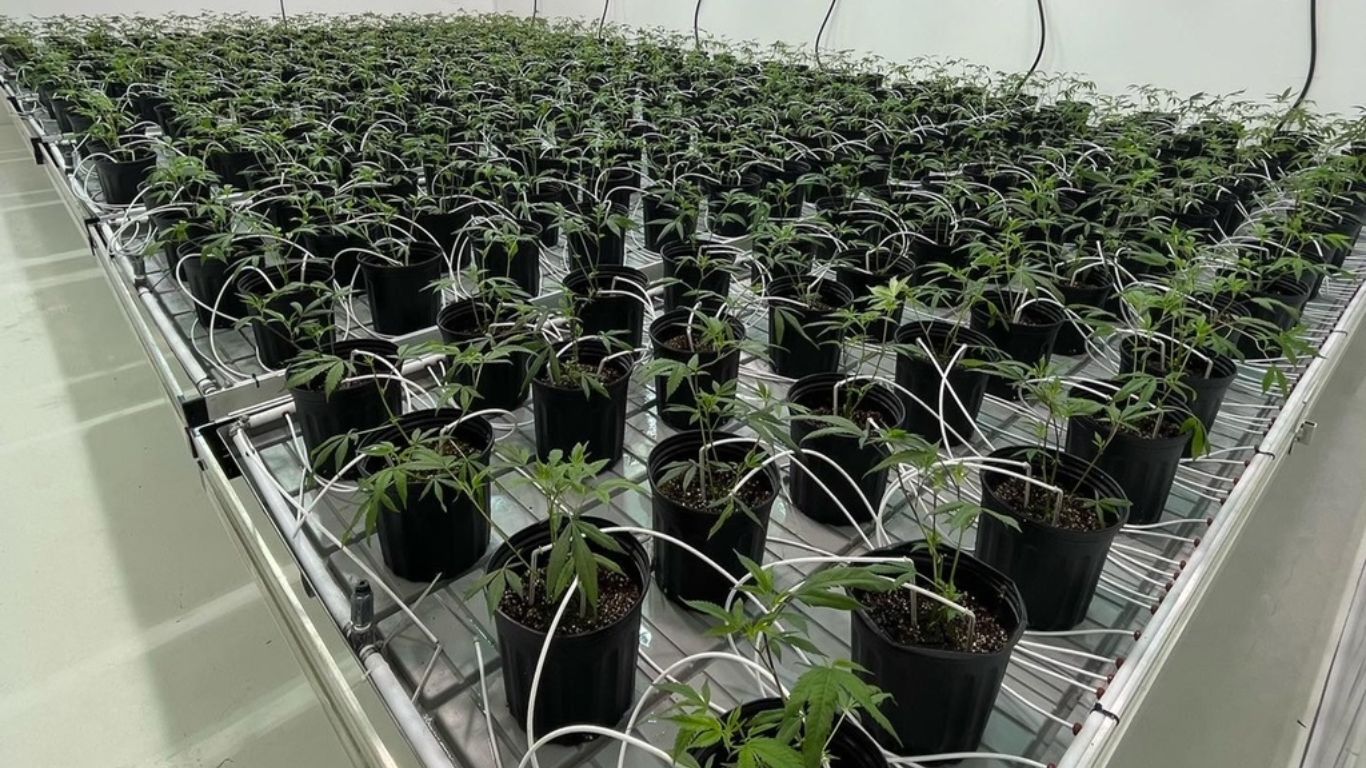
A Nova Scotian injured on the job in 2007 has won an appeal that will see them compensated for the cost of medical cannabis oil for the next nine months, as well as covering the cost of their legal cannabis oil going back to 2009.
The worker had originally been denied coverage by Medavie Blue Cross in 2018. The injured party appealed that decision and the Workers’ Compensation Board of Nova Scotia refused the appeal in May 2019.
In the original appeal in 2019, the Board concluded that the injured party did not experience neuropathic pain, based on the testimony of several medical experts. The presence of neuropathic pain was determined to be a threshold they deemed necessary to allow for medical cannabis usage, and therefore allowing it to be a covered medication under their workers’ compensation program.
In the recent appeal of that decision – posted April 17 – the Appeal Commissioner, Glen Johnson, ruled that the person did indeed experience neuropathic pain and therefore was entitled to compensation moving forward on a trial basis for nine months, as well as compensation for the cost of legally authorized and sourced cannabis oil going back to April 2009.
The person in question had originally been injured on the job on September 12, 2007, affecting his knees and spine. In July 2018, they initially requested coverage of the cost of cannabis oil to manage their pain due to these injuries. Although the request was supported by the person’s family physician, their request for “medical aid” was denied by their Blue Cross provider.
Medical Aid is a formal designation that includes “any health care service, product or device that may be authorized by the Board and is provided to a worker as a result of a compensable injury. This can include payment for prescriptions, physiotherapy, doctor visits, hospital stays, travel to and from health care services, prosthetic limbs, etc.”
In the most recent appeal, Appeal Commissioner Johnson ruled that based on the evidence and expert medical testimony he heard, the worker in question did have neuropathic pain and noted that refractory neuropathic pain is identified by the Medical Cannabis Guidelines as a condition for which medical cannabis may be provided as medical aid.
Johnson’s ruling also noted that the worker had been using other medications to deal with the pain that are also prescribed for neuropathic pain, including gabapentin. The injured worker also noted that their use of cannabis for pain helped them limit the use of opioids that had been prescribed to them for the pain associated with the injury.
As such, Johnson ruled that the appeal of the previous ruling was valid and that the injured party was due to both compensation for some of their previously-incurred costs for medical cannabis oil prescribed by their doctor and purchased through the legal supply chain, as well as to cover the costs for those products moving forward, for a nine month trial basis.
The trial term will be to determine if the medical cannabis is effective, and allows the injured party to further reduce their reliance on opioids, which Jhnson notes is not without its own risks and concerns.
“I find it is as likely as not that the Worker should be provided with a trial of cannabis oil, especially to ascertain whether it can further reduce his opioid use. I find that the entitlement to medical aid in the form of cannabis oil for at least nine months from the date of this decision should provide some indication of whether it is beneficial generally, and especially in terms of reducing the use of opioids.”
Nova Scotia is not alone in their reluctance to accept medical aid claims for medical cannabis products, although others have been approved for its use, including a recent decision in Nova Scotia in 2018.
A report by CBC notes that only a handful workers in Nova Scotia and a few other provinces have ever qualified for medical aid. In 2019, it noted that of the provinces that disclose how many workers are compensated for medical marijuana, New Brunswick has the highest number of claims at 71.











